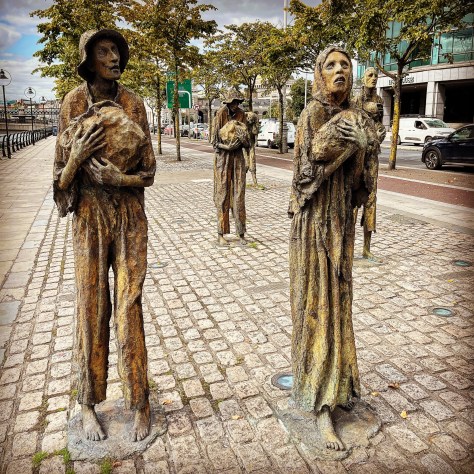A shorter week this week down the bank holiday at the start of the week.
Attended a Sector Agency Widening Participation and Data Working Groups Workshop. This was an in-person workshop in Cheltenham. This was a really engaging workshop with UCAS, HESA, and Advance HE. QAA were unable to attend. We looked at the student journey and where the different organisations are working in the widening participation space. As you might expect UCAS are focussed on the pre-application and application stages of the student journey. Whereas Jisc, HESA and Advance HE are working in the “at university” stage. Agreed we would put proposals to the Heads of Sector Agency for collaboration going forward. In addition, we may want to reflect on the widening participation and inclusion agenda on the products and services we provide for the sector.
One of the interesting discussions was on the deficit model that many universities and organisations use when it comes to the widening participation agenda. So, services, systems, and processes are designed for the “standard” student and then things are added to widen participation. The result is often those students who are in need of support are required to find or register for that support. A more inclusive approach to widening participation, is by ensuring services, systems, and processes are designed to be inclusive from the design stage.
We had a tour of the UCAS Building, it was interesting to see how UCAS had already changed their offices to reflect their hybrid mode of working with new spaces.
Also, interesting to see that they have built a fully functioning TV studio for the creation of video content and more engaging and professional live streaming content.
Over the last few months, I have been working on an idea that Jisc should have a TV studio, now seeing this, I think we should accelerate this idea. Was interesting to see an organisation that had done this.

I enjoyed this article on Wonkhe: Imagined universities and blank spaces for dreams.
Eileen Pollard and Stephanie Aldred ask if “sticky campus” directives are based on collective conceptions of campus communities that no longer exist? University tactics for keeping students stuck range from threats, surveillance, and persuasion, to outright bribery because (as we explain to both them and ourselves) students who come to class and interact with us and their peers get higher marks.
I like how the article says that the point of university is not to be in a physical space, but a place where we can realise our dreams, be that a physical space or an online space. I was reminded of how work is not somewhere we go, but something we do by Lawrie.
The web affords us new ways of working, new opportunities to connect. It furthermore allows for a richer experience of work and life, rather than forcing us to segregate our time from ourselves via physical location, allowing us to choose when and where we are most productive, and how to conserve our face to face energy for those times that truly require it.
In another story on working, the BBC reported how firms in four-day week trial have decided to make it permanent.
Many UK firms taking part in a four-day working week trial have said they will keep it in place after the pilot ends. More than 70 firms are taking part in the scheme where employees get 100% pay for 80% of their normal hours worked. At the halfway point in a six-month trial, data shows that productivity has been maintained or improved at the majority of firms.
I think this practice could be tricky, politically, in the education world, but certainly something to keep an eye on.
Spent some time planning a presentation I am giving next week in London, looking at learning analytics and student support.
This week 38 years ago, The BBC broadcast Threads, a documentary drama about a nuclear attack on the UK, with a focus on Sheffield.
I remember watching it at the time, and was scared, chilled and having a feeling of total helplessness in the face of, what the time, felt like something that could quite easily happen. Though that threat is still here, it did feel in the 1990s and 2000s that it wasn’t so imminent or probable.
This week, not so much.
The EU must take Vladimir Putin’s threats he could use nuclear weapons in the conflict in Ukraine seriously, the bloc’s foreign policy chief has said.
My top tweet this week was this one.
You are here
51°26'51.4"N 2°35'37.8"W
Guinea St, Redcliffe, Bristol BS1 6TJhttps://t.co/X3YkLzk7LD— James Clay (@jamesclay) September 21, 2022










































